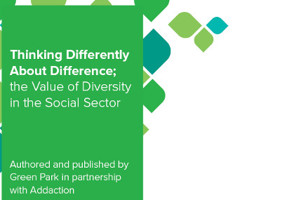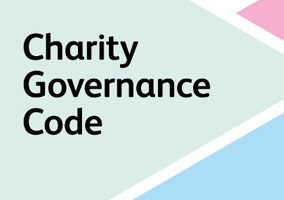The sector has come a long way on visible diversity, but could go further in terms of having ‘diversity of thought’ on trustee boards, delegates heard at Charity Finance Group’s Annual Conference last week.
Judith Miller, a partner at Sayer Vincent, was speaking on a panel session on governance at the conference last week. The panel session in part referred to the Charity Governance Code, which was produced by sector bodies and replaced the Charity Commission’s publication The Hallmarks of an Effective Charity (CC10).
Speaking at the conference last week, Miller spoke of a need for trustee boards to have representation froma wider range of perspectives.
She said: “I think diversity is really important and I think the sector has come a long way in terms of what I think I’d call the visible diversity of boards. You can make sure you get the gender balance and all of those sorts of things right, but the thing for me, which the code does actually mention and calls ‘diversity of thought’, and I use this fancy expression ‘neuro-diversity’.
“We need to avoid group think, do we have an environment where people can actually challenge people constructively and bring different ideas to the table, instead of being quashed.”
Embrace failure
Andrew O’Brien, head of policy and public affairs at CFG was also speaking on the panel, alongside John Williams, vice chair of the Association of Chairs.
O’Brien spoke about the need for trustees to embrace failure, which is something that he said the code addresses.
He said that there is a need for getting trustees comfortable with the “idea that mistakes will be made, there will be bad mistakes made, but as long as they are trying their best, they are tackling these issues and they are do something about them, that is what is expected of them”.
He continued: “I think in this sector we talk about being risk-averse, but we can be quite risk-taking if we know we are going to succeed in that I think.
“But as a sector when we get a whiff of failure we try and back away from those issues, and I think trustees can often be guilty of that, and executives and everybody else in charities can be, because we know the stakes are so high. Because often these organisations are the last line for vulnerable individuals. But we have got to get better as a sector at accepting failure, and that there will be failures, and that organisations will fail with decision-making.”
Neal Green, senior policy adviser at the Charity Commission, who was chairing the session, said that the Charity Commission believes that it is “ok to do something that doesn’t work out”.
He said: “Whether it succeeds or not is not the important issue, the process of decision making that led you to say ‘we’ve got to give this a shot’ is the important thing. Not everything has to work first time.”
|












